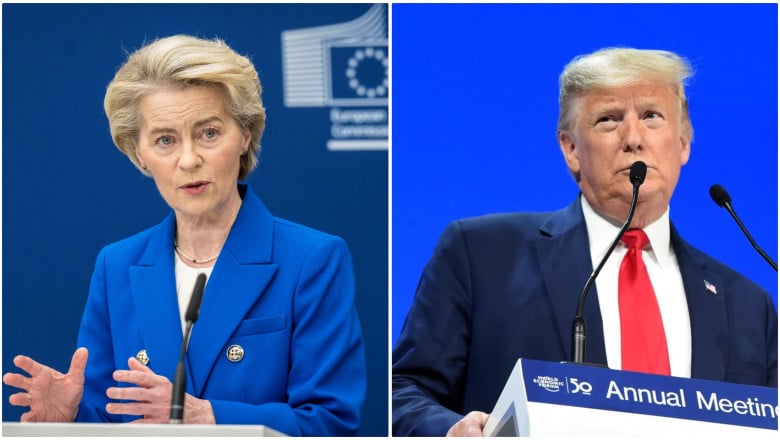
In a move that raises eyebrows across the Atlantic and Channel alike, the European Union is considering hiking travel fees for foreign visitors—particularly those from the United States and the United Kingdom—as a means to repay the bloc’s massive €350 billion post-Covid recovery debt. Framed as a practical revenue booster, this proposal risks being seen for what it truly is: a band-aid solution with serious diplomatic and economic side effects.
The entry fee, currently set at €7 under the forthcoming European Travel Information and Authorisation System (ETIAS), could rise significantly for travelers from the 60 visa-free countries, including the U.S. and U.K. Though the idea is being championed as a politically palatable way to plug a budgetary gap, critics argue that it’s not just ill-conceived—it’s also fundamentally tone-deaf.
The timing is particularly questionable. After years of post-Brexit frost, Brussels and London have only recently begun warming up to each other again, with efforts to reduce travel red tape and improve mobility. Introducing a new financial burden on British tourists—already dealing with longer queues and more stringent checks—risks undoing this fragile progress.
This move will almost certainly sour relations, not just with the U.K., but also with other global partners like the U.S., whose citizens are currently charged $21 to enter America—higher than the EU’s current proposal, but not necessarily a justification for reciprocation.
At first glance, taxing tourists may seem like an easy win. It avoids messy internal battles over digital or corporate levies and generates revenue from non-EU citizens who “don’t vote.” But with projections estimating revenue of less than €1 billion per year, the math doesn’t add up—especially when debt repayments are expected to reach €25-30 billion annually starting in 2028.
Is irritating millions of international travelers really worth this negligible gain?
Moreover, this policy sends a troubling message: that Europe, facing financial pressure, is willing to monetize access rather than innovate economically. It also plays directly into the perception that the EU’s bureaucratic instinct is to charge first and ask questions later.
Let’s not forget that the tourism sector was one of the hardest hit during the pandemic. Adding new entry costs to the travel equation—especially when inflation and airfare are already soaring—risks discouraging visitors at a time when the industry needs revitalization, not more hurdles.
Germany, notably, has already expressed concern behind closed doors, warning that such a tax could damage Europe’s competitiveness as a tourist destination. They’re not wrong. In a global marketplace, perception matters, and no one wants to feel like a walking wallet.
The EU is also considering a €2 fee on imported parcels from Chinese retailers like Shein and Temu—another attempt to scoop up spare change while avoiding major tax reform. What’s next? A surcharge on breathing Brussels air?
The real concern isn’t the tax itself, but the precedent it sets. Rather than structurally reforming its budget or creating sustainable revenue channels, the EU seems content with piecemeal, consumer-facing fees that provide political cover without solving core issues.
Europe’s commitment to digital innovation, climate leadership, and global competitiveness rings hollow when it chooses to nickel-and-dime foreign tourists and online shoppers. The EU needs vision, not vending-machine governance. If the bloc continues down this path, it risks becoming not a union of opportunity—but a toll booth bloc, where entry is conditional on payment and policy is driven more by panic than planning.
Sometimes, the cost of short-term revenue is long-term credibility.